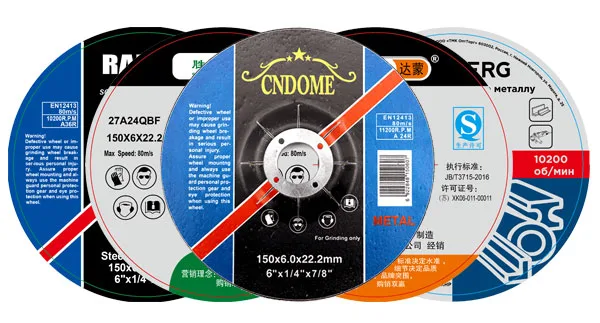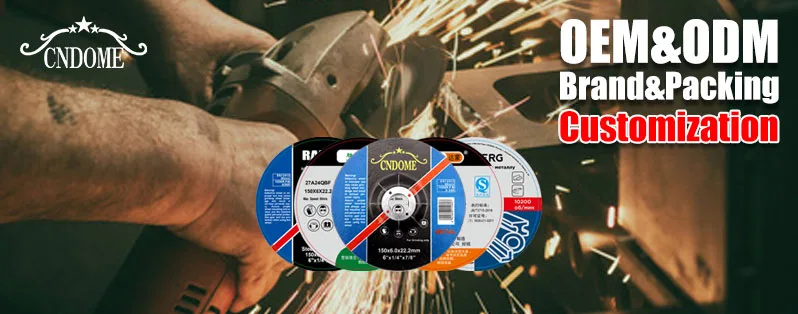Grinding wheels play a crucial role in various industries, enabling precision cutting, shaping, and polishing of a wide range of materials. Whether you’re a professional craftsman or a hobbyist, understanding grinding wheel prices can help you make informed decisions and maximize the efficiency and value of your projects. In this comprehensive guide, we’ll delve into the factors that influence grinding wheel prices and provide valuable insights to help you navigate the market.

Quality Matters:
When it comes to grinding wheels, quality should be your top priority. High-quality wheels not only last longer but also offer superior performance, resulting in precise and efficient grinding. While they may come at a slightly higher price, the long-term benefits and reduced replacement costs make them a worthwhile investment.
Material Composition:
Grinding wheels are composed of various abrasive materials, each tailored to specific applications. Factors like the type and hardness of the material being ground, along with the desired finish, influence the selection of the wheel’s composition. Different compositions come with varying price points, so understanding your specific needs will help you choose the right wheel without overspending.
Size and Dimensions:
The size and dimensions of grinding wheels impact their pricing. Larger wheels tend to be more expensive due to the increased material and manufacturing costs. Additionally, specialized dimensions or custom-made wheels may come at a premium price. Assessing your project requirements and determining the appropriate wheel size will help you find the right balance between cost and functionality.
Grit and Bonding Agents:
Grit size refers to the coarseness or fineness of the abrasive particles on the wheel’s surface. Lower grit numbers indicate coarser wheels, while higher numbers represent finer grits. Additionally, bonding agents hold the abrasive particles together. Both grit and bonding agent selection influence grinding wheel prices. Finer grits and specialized bonding agents may increase the cost, but they offer enhanced precision and durability.
Brand Reputation and Warranty:
Opting for reputable brands ensures consistent quality and reliable performance. Established brands invest heavily in research and development, manufacturing processes, and quality control, which can impact the price. However, they often provide warranties, assuring you of their confidence in their product’s longevity and performance. It’s wise to consider the overall value and reliability of a brand before making a purchase decision.
Quantity and Bulk Discounts:
If you anticipate frequent usage or require multiple grinding wheels, consider buying in bulk. Many suppliers offer attractive discounts on larger orders, helping you save significantly on the overall cost. Assess your long-term needs and explore bulk purchase options to obtain the best price per unit.
Grinding wheel prices are influenced by several factors, including quality, material composition, size, grit, and brand reputation. By understanding these factors and their impact on pricing, you can make informed decisions to ensure optimal efficiency and value for your grinding projects. Remember to prioritize quality, evaluate your specific requirements, and explore bulk purchase options to strike a balance between cost and performance. With the right grinding wheel, you can elevate the precision and quality of your work, saving both time and money in the long run.

